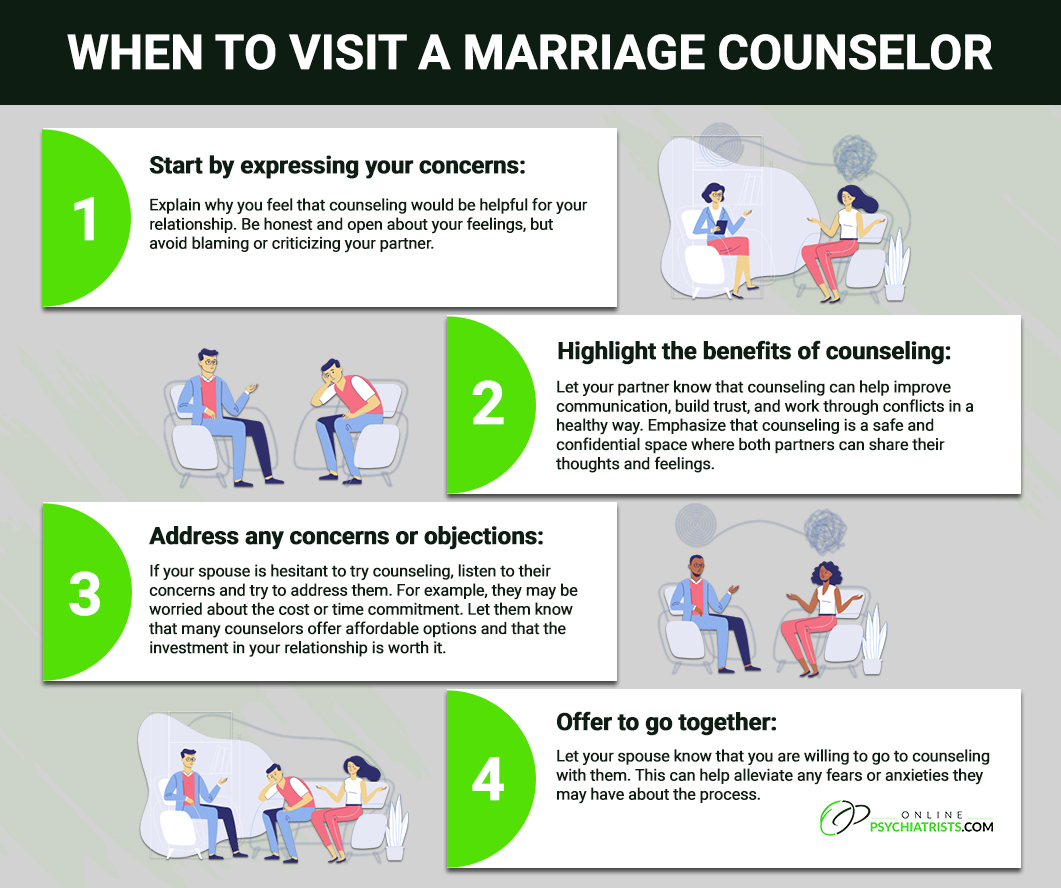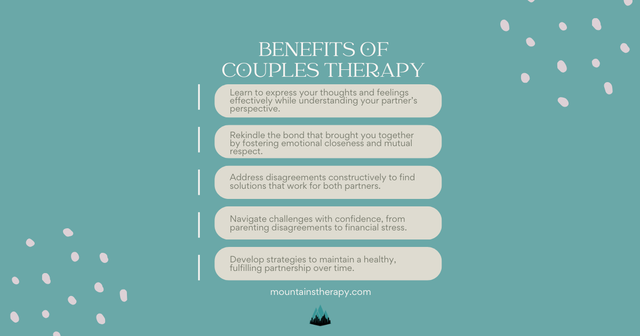Aim Point Counseling Things To Know Before You Buy
Aim Point Counseling Things To Know Before You Buy
Blog Article
Aim Point Counseling - Questions
Table of ContentsFascination About Aim Point CounselingHow Aim Point Counseling can Save You Time, Stress, and Money.Get This Report about Aim Point CounselingHow Aim Point Counseling can Save You Time, Stress, and Money.The smart Trick of Aim Point Counseling That Nobody is Talking AboutThe smart Trick of Aim Point Counseling That Nobody is Discussing
The longitudinal design involves a pre-treatment study and 2 follow-up studies at 3- and 12-months post-intervention. The research is embeded in 8 Relationships Australia Victoria centres, throughout urbane, external suburban areas, and regional/rural websites. Relationships Australia, a non-government organisation, is the largest provider of couple therapy and connection services in Australia.
These high rates of relationship breakdown have been regularly linked with adverse wellness effects for both adults and children adhering to divorce/separation.
Getting My Aim Point Counseling To Work
The results of divorce and separation can be damaging, study indicates that high partnership disharmony in undamaged couples is likewise most likely to have unfavorable outcomes.
Study to day has actually determined both couple and specific aspects that may add to relationship disharmony. These include partnership complete satisfaction and dedication at the couple degree, and anxiety at the individual level.
The 6-Minute Rule for Aim Point Counseling
Connection fulfillment has actually been one of the most usual result variable identified in even more than 200 evaluations of couple coaching [11,12] Researches have actually discovered considerable enhancements in relationship satisfaction from pre- to post-treatment [13,14] and over the course of one to 2 years following therapy [15] In these research studies, relationship complete satisfaction was most frequently analyzed utilizing the Dyadic Adjustment Range (DAS) [16] While a lot of research studies suggest renovations in relationship contentment following couple counselling, they are restricted by the examples and steps utilized, greatly temporary follow-up time frames, and evaluations that do not account for the dyadic nature of couple data - online counseling. Relationship dedication, based on procedures such as the Commitment Inventory (CI) [19], is an additional commonly explored partnership outcome.
To sum up, research study suggests that couple-specific variables along with individual variables might forecast the outcomes of couple counselling and relationship services. The causal instructions of these connections, however, is less clear. These monitorings are crucial, given that, to justify and assist the application of connection services such as pair counselling, empirical proof has to check out both the end results of relationship services and the variables that predict effective therapy.
, at least in some European nations.

We currently know little concerning the profiles of couples who look for out connection education and learning contrasted with those that look for relationship counselling, or the results of these programs. Anecdotal evidence recommends that there might be substantial distress amongst at least some couples looking for relationship education websites and learning.
The Definitive Guide for Aim Point Counseling
Feedback involves individuals completing sets of questions regarding their partnership (e.g. actions of interpersonal issues), and obtaining info on what their ratings show. Cognitive-behavioural methods advertise altering cognitions to assist in favorable connections.
These meta-analyses highlight constraints in the existing literature on relationship education and learning. This sample account may not represent clients who typically offer for connection education.
An Unbiased View of Aim Point Counseling

Very little research study has actually examined the relative advantages of couple therapy and relationship education and learning programs. As clients are likely to self-select right into these solution kinds, it is not clear whether characteristic relationship distress accounts existing to every service type, or without a doubt whether there is a communication in between providing profile, solution kind and end result.
(https://triberr.com/a1mpoint)
Therefore, we have actually included a 12-month follow-up to determine longer-term trends and effects. The research study uses a variety of standardized result procedures because some prior examinations have actually been criticised for their lack of standard assessment [50] Ultimately, the use of statistical evaluations that assume freedom of data, such as t-tests, or ANOVAs, has been prevalent in previous studies [ 44,49]
We propose to make use of multi-level statistical modelling procedures that control for the inter-dependence of pair information to assess any kind of treatment effects. The certain aims of the ECC research are to: 1. Map profiles of clients seeking community agency-based couple counselling vs. connection enhancement programs in regards to socio-demographic and connection signs (such as connection satisfaction, relationship commitment, social issues, and factors for attending), as well as wellness (such as depression, basic health and wellbeing) and wellness service use (eg.
2. Establish whether couple coaching and partnership education services improve 3- and twelve-month outcomes for relationship fulfillment, commitment, and anxiety, making use of analytical analyses suitable to couple data. 3. Establish the relative contributions of customer aspects (specific and couple) and therapy/education variables to outcomes at 3- and 12-months, and to sustainability of results in time.
3 Simple Techniques For Aim Point Counseling
Multi-level modelling to determine pre-post differences, regulating for dyadic (couple) level. To add to the literature examining the efficiency of community-based pair therapy. The outcomes will aid professional decision-making in community-based connection service settings, and expert training. 3. To establish the relative contributions of client/couple and treatment variables to outcomes at 3- and 12-months, and to sustainability of outcomes in time.
Report this page